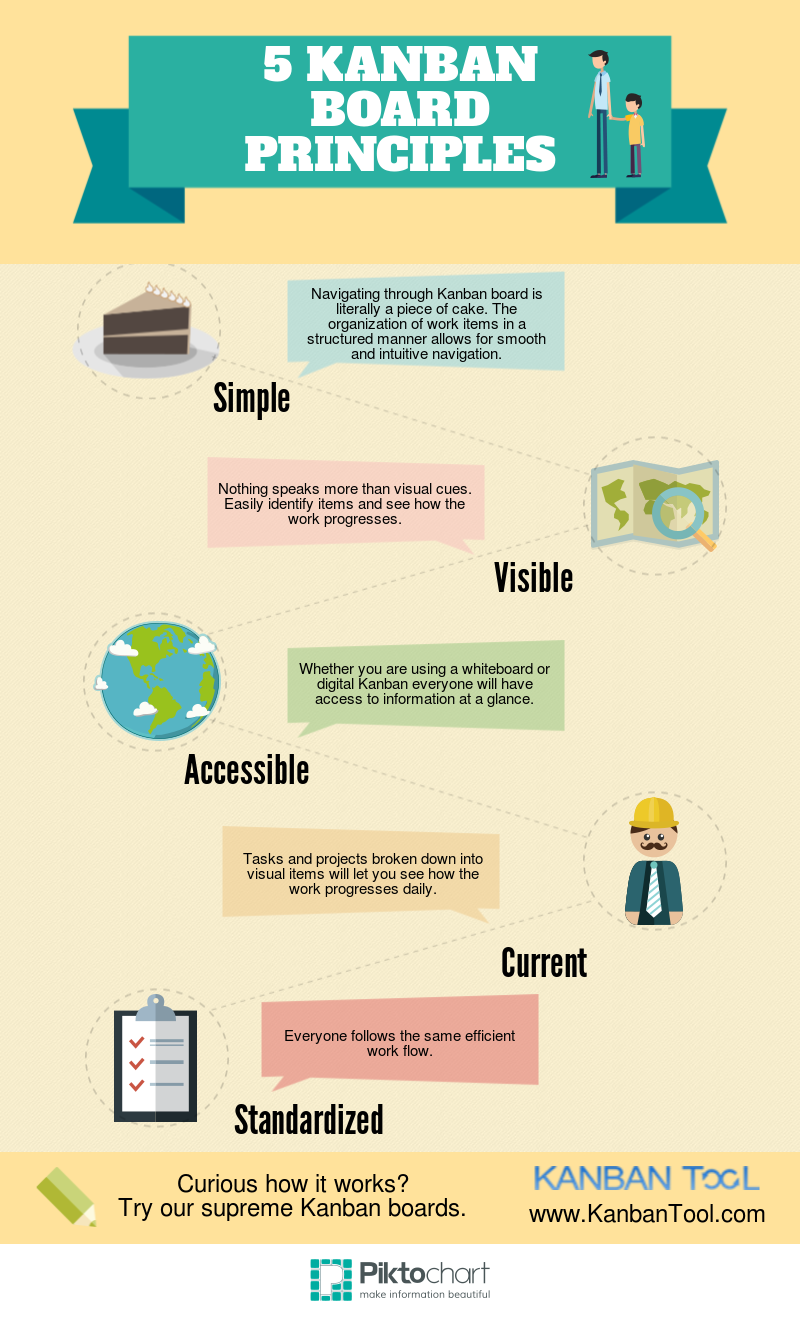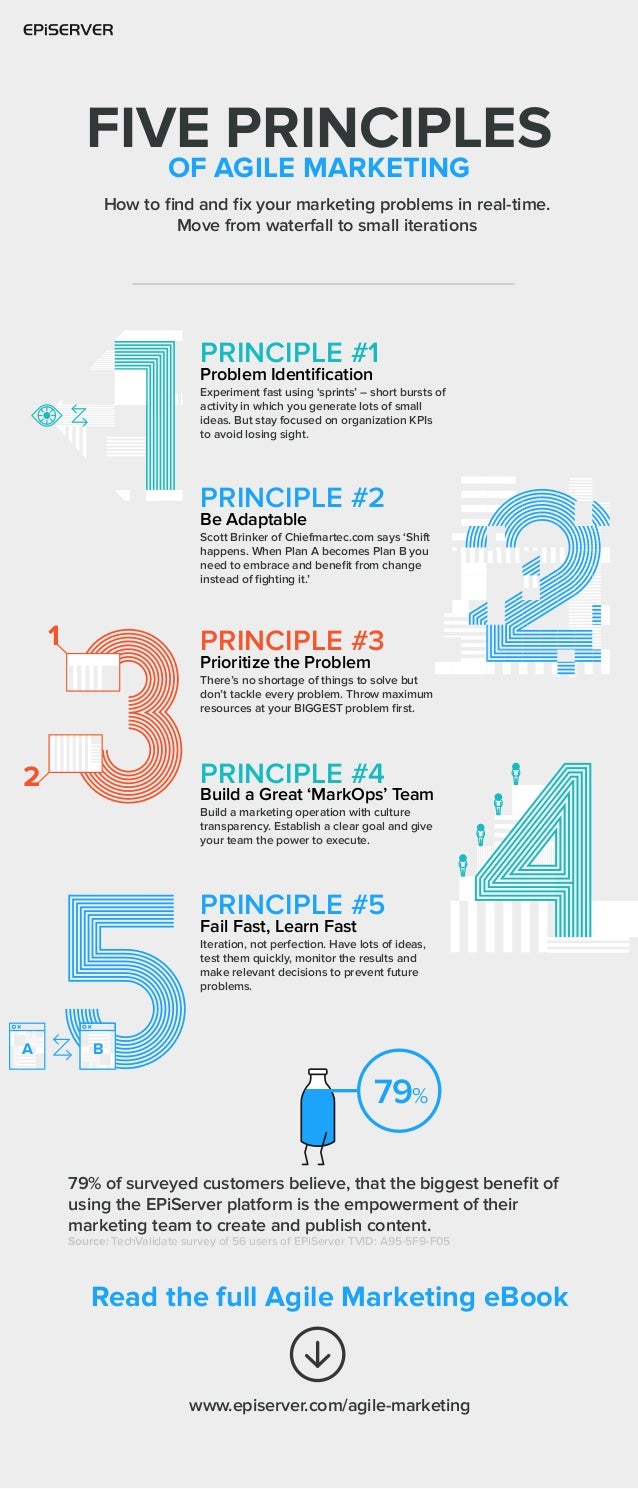

Yorkshire Co-operative Resource Centre. Become a Member of Principle 5. Introductory leaflet P5 membership form Purposes and Aims. Protect and safeguard the books, publications, archival materials and resources placed in trust for the use of the co-operative movement and for future generations. Make these available to all members who would wish to use them.
Principle 5: Minimize Campfire Impacts. Stoves: The use of campfires, once a necessity for cooking and warmth, is steeped in history and tradition. Some people would not think of camping without a campfire. Campfire building is also an important skill for every camper. Yet, the natural appearance of many areas has been degraded by the. Principle makes it easy to design animated and interactive user interfaces. Whether you're designing the flow of a multi-screen app, or new interactions and animations, Principle helps you create designs that look and feel amazing.
This one principle has a greater impact on success than the other four combined.
Blocs 2 5 2. If a change project is to be successful, it needs the full support of the agency’s leadership. The way to ensure that support is by addressing the problems that truly matter to the CEO.
Stringed 2 8 – shift pitch and manipulate temporary. The change leader must be many things to many people: she must have the CEO’s ear, and be close enough to ask for and receive the resources needed for the project. The change leader must also possess leadership skills and have the respect of her peer
Mac buttons symbols. Developing innovative solutions to entrenched problems often requires looking beyond the boundaries of the familiar and shaking things up a bit. Looking at practices of other industries is a way to push beyond those boundaries, and it’s often there t

NIATx change projects are structured around what we call “rapid-cycle” testing: a series of change cycles conducted in quick succession. Change teams test potential changes to an existing process and evaluate the results using Plan-Do-Study-Act (PDSA
A charitable organization should establish and implement policies and procedures to protect and preserve the organization’s important data, documents, and business records.

Charitable organizations are required to maintain their organizational documents, board minutes and policies, and materials related to their state and federal tax-exempt status permanently. Other documents related to the governance, administration, fundraising, and programs of the organization, including employment and volunteer records, must be kept in paper or electronic form for specific periods, depending on applicable laws and reporting requirements. When those documents and key financial and program data are maintained electronically, the organization must take appropriate action to protect that information from unauthorized access or manipulation.
A written data and document-retention policy, consistently monitored over time, is essential for protecting key organizational documents and records, as well as protecting the privacy of individual clients, consumers, employees and volunteers. The policy should address the length of time specific types of documents and data must be retained, as well as when it is permissible or required to destroy specific types of documents. It should include guidelines for backing up and archiving paper and electronic data and documents (including e-mail messages), as well as procedures for verifying their security from theft, manipulation, or destruction.
Board members, staff, and volunteers should be thoroughly familiar with the policy and informed of their responsibilities in carrying it out. Board members and senior staff managers should ensure that there is an ongoing process for ensuring compliance with the policy and for updating procedures as necessary. http://nlesbk.xtgem.com/Blog/__xtblog_entry/19308554-free-mkv-converter-mac#xt_blog. The Form 990 requires organizations to report whether they have a written document retention and destruction policy.
Federal and some state laws prohibit the destruction, alteration, mutilation, or concealment of records related to an official legal proceeding. Policies should outline specific procedures to ensure that any destruction of documents or data is immediately halted if an official investigation of the organization is underway or anticipated.
